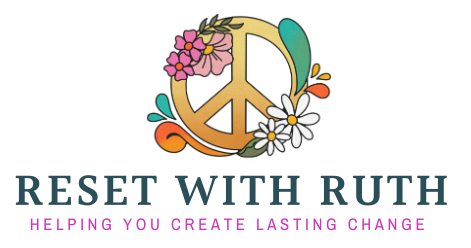The Importance of Functional Breathwork: Science and Benefits
Functional breathwork is a powerful tool for enhancing physical and mental well-being. It involves breathing deeply and efficiently, using the diaphragm to draw in air and exhale fully to release carbon dioxide. This natural and efficient breathing technique can have profound effects on our health.
What is Functional Breathwork?
Functional breathwork refers to how we breathe naturally and efficiently, allowing our bodies to receive the oxygen they need and maintain optimal health. It involves breathing deeply and fully, using the diaphragm (the muscle beneath the lungs) to draw in air, and exhaling fully to release carbon dioxide.
Benefits of Functional Breathwork
- Reduces Stress and Anxiety: Studies have shown that functional breathwork can significantly reduce stress and anxiety levels. A meta-analysis of randomized controlled trials found that breathwork interventions were associated with lower levels of self-reported stress, anxiety, and depression.
- Improves Sleep Quality: Functional breathing techniques can help improve sleep quality by promoting relaxation and reducing symptoms of arousal, anxiety, and depression.
- Boosts Immune Function: Functional breathing can boost immune function by reducing stress hormones and increasing the activity of natural killer cells, which are vital for fighting off infections.
- Enhances Respiratory Function: Breath retraining can improve respiratory issues associated with asthma, post-viral breathing issues, and sleep disorders such as snoring and obstructive sleep apnea.
- Alleviates Pain: Functional breathwork can help alleviate pain conditions by promoting relaxation and reducing muscle tension.
- Improves Exercise Performance: Proper breathing techniques can enhance exercise performance, recovery, and stamina by improving blood flow and oxygen delivery to the body and brain.
Scientific Evidence
- Meta-Analysis on Stress and Mental Health: A meta-analysis of randomized controlled trials found that breathwork interventions were associated with significantly lower levels of self-reported stress, anxiety, and depression.
- Research on Breathing and Stress Reduction: Studies have shown that breathing exercises, such as SKY Breath Meditation, are effective at reducing stress both immediately and over the long term.
- Systematic Review on Slow Breathing: A systematic review found that slow breathing techniques promote autonomic and central nervous system activities, leading to increased comfort, relaxation, and reduced symptoms of arousal, anxiety, depression, anger, and confusion.
How to Practice Functional Breathwork
- Diaphragmatic Breathing: Focus on breathing deeply into your diaphragm rather than shallow chest breathing.
- Box Breathing: Inhale for four counts, hold for four counts, exhale for four counts, and hold for four counts.
- 4-7-8 Breathing: Inhale for four counts, hold for seven counts, and exhale for eight counts.
- Alternate Nostril Breathing: Close one nostril with your finger, inhale through the other nostril, then switch and exhale through the opposite nostril.
Further Reading and Resources
Disclaimer: Always consult with a qualified healthcare provider before starting any new treatment or therapy, including the use of breathwork techniques. I am qualified and insured as a Functional and Therapeutic Breathwork Practitioner

